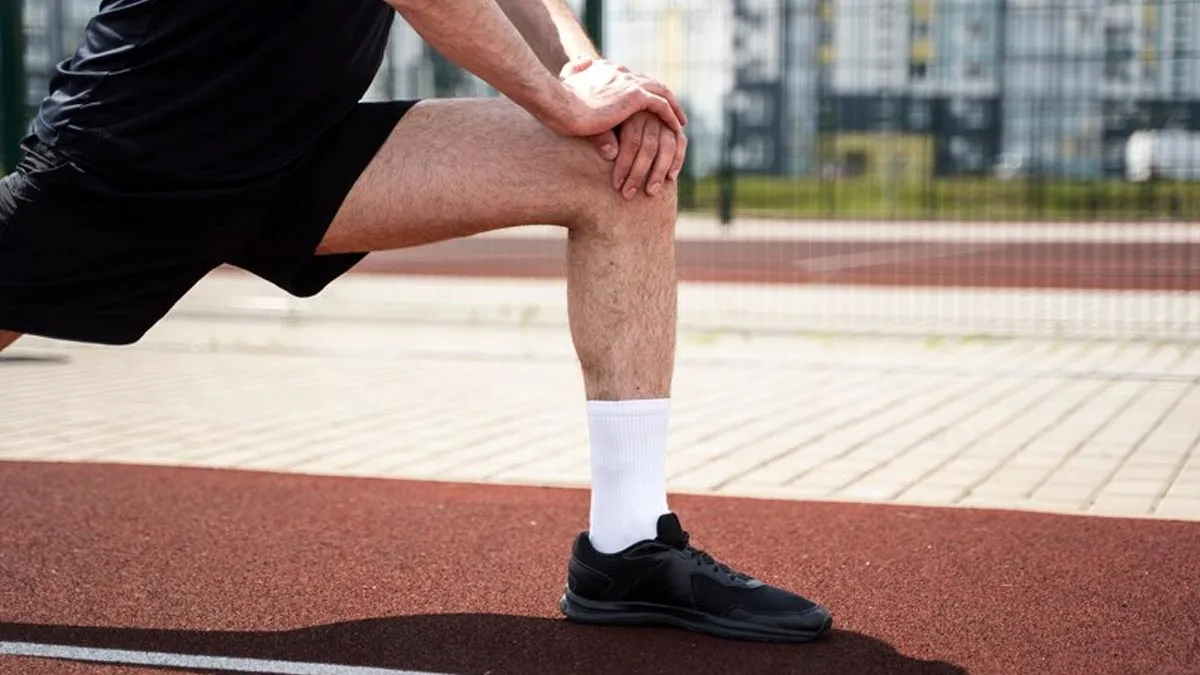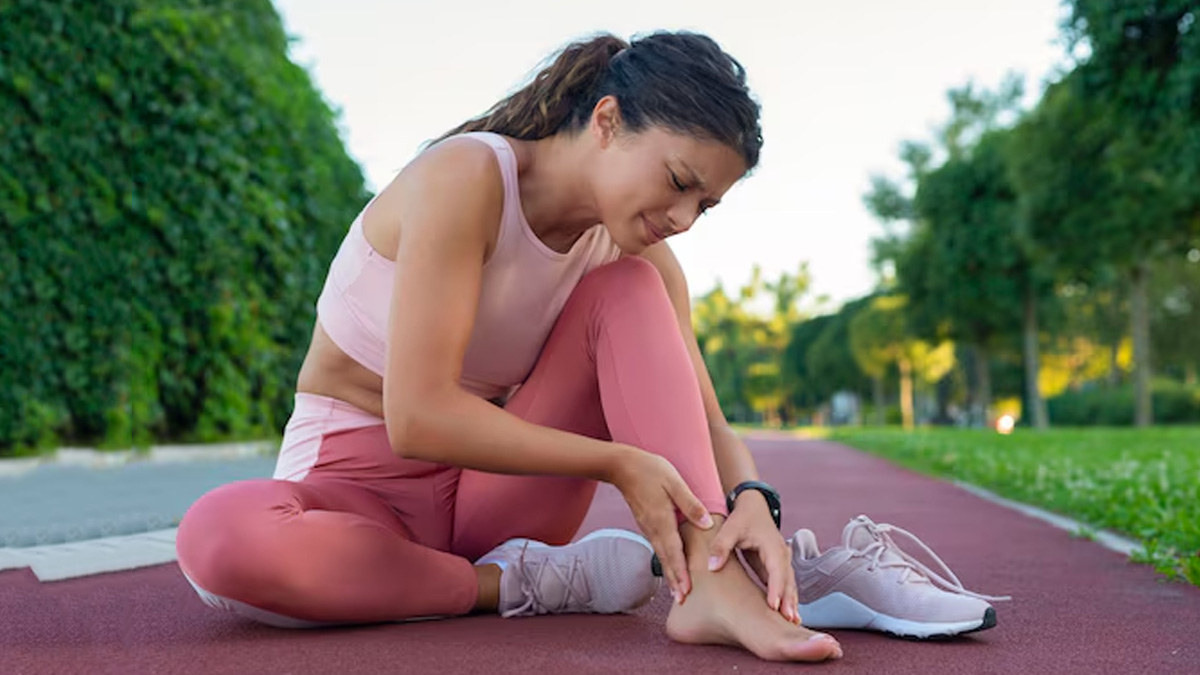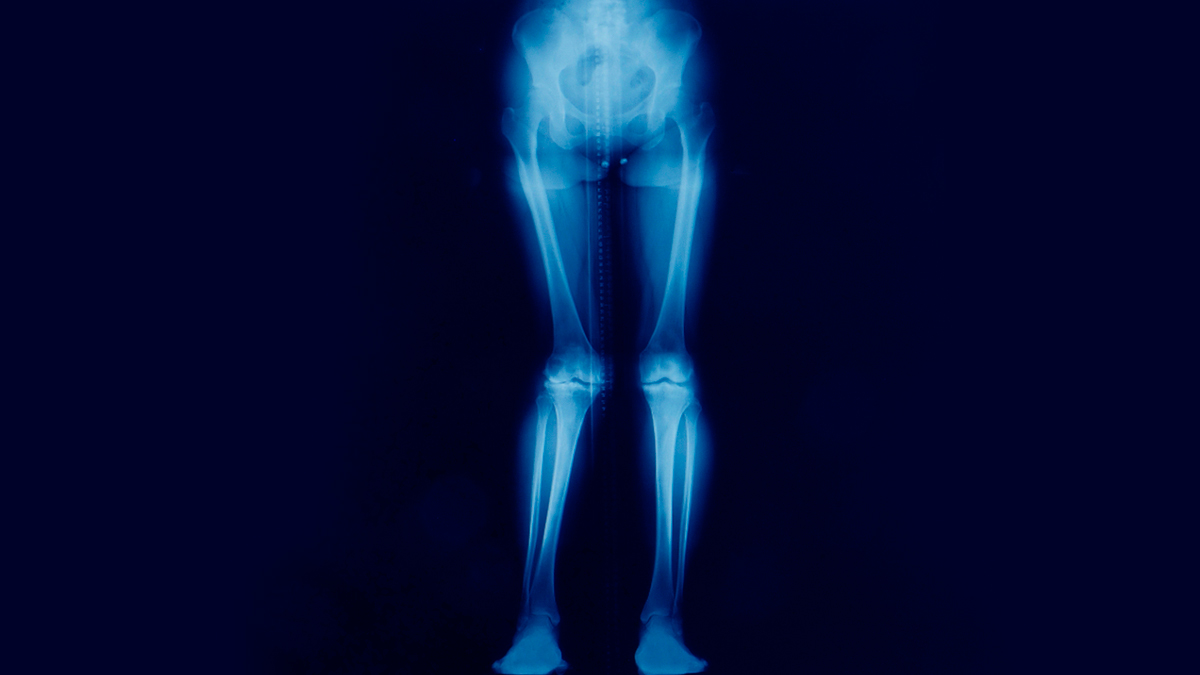
When it comes to daily comfort and style, most of us rarely think twice before slipping into our favourite pair of shoes. But what if that fashionable pair of sneakers or sleek heels is quietly wreaking havoc on your hips? According to medical experts, the kind of footwear we wear can have a huge impact on our hip alignment, posture, and long-term joint health.
Table of Content:-
So, the editorial team of Onlymyhealth reached out to an expert, Dr Jayateerth W Kulkarni, Senior Consultant, Orthopaedics, Fortis Hospital, Cunningham Road, Bengaluru, and here is what he shared with us.
How Shoes Affect Hip Health
Our feet are the foundation for the alignment of our bodies. Whenever the shoes don't support the feet properly, or force unnatural positions onto your feet, it can trigger a chain reaction all the way up the legs to knees, hips, and even lower back. "When the foot is not well-supported, the body tries to compensate by altering posture and gait. Over time, this puts extra stress on the hips, leading to pain and stiffness," Dr Jayateerth explained.
Also Read: World Sexual Health Day 2025: Understanding the 7 P’s for a Healthier Intimacy

Shoes that are too tight, too flat, or too high will affect how your body weight is distributed. For example, high heels throw the body's weight forward, tilting the pelvis and overworking the hip muscles. Likewise, very flat shoes or flip-flops with no arch support will make the feet roll inward, disrupting hip alignment and leading to hip joint pain.
Shoes That Can Hurt Your Hips
Dr Kulkarni shared a list of shoes that can secretly ruin your hips. These include:
- High Heels: Wearing heels more than two inches on a regular basis can cause the hip flexors to shorten and put strain on the lower back. Changed postures keep the hips in continuous tilt, thus making them sore and stiff over a period of time.
- Flat Sandals and Flip-Flops: These offer no cushioning or arch support, which allows the feet to overpronate, meaning to roll inward-when you walk. This misalignment moves upward to pull on the knees and hips.
- Worn-out shoes: Even your favourite sneakers become a problem when they no longer provide structural support. The uneven wear can alter a gait pattern and affect hip alignment.
- Pointed-toe shoes: These also constrict the natural splaying of your toes and may alter the pressure distribution across the feet, which could subtly affect hip balance.
How To Choose the Right Footwear for Healthy Hips
However, hip pain associated with footwear is preventable. Dr Kulkarni advised being conscious of both fit and function when choosing shoes. "Look for shoes with good arch support, cushioned soles, and a stable heel base. For those who walk or stand for long hours, supportive shoes can make quite a difference in preventing hip and back pains," he shared.
Also Read: From Pain To Posture Issues: 5 Ways Tight Hips Affect Your Body, And How to Fix It

Orthopaedic insoles or inserts may also be used to even out the weight across your feet and fix postural imbalances. If you love heels, limit their use to short durations and go for block heels or wedges to offer better stability. Rotating different types of shoes and giving your feet time to rest will also reduce injury.
Simple Stretches and Exercises to Support Hips
Supporting your hips doesn't need to end with good footwear. Flexibility and strength can be enhanced through regular stretching and strengthening exercises. Hip bridges, leg raises, or yogic postures such as the Pigeon Pose are great to help release tension in the hip area. Your hips and lower body joints also take less stress when you keep a healthy weight.
Bottomline
Shoes do more than just complete a outfit; they affect how the entire body moves. A pair od shoes that's unsupportive or doesn't fit well can quietly contribute to hip pain and postural problems when worn over time. Wearing supportive shoes and maintaining strong muscles in the hips helps you enjoy being pain-free and active.
Also watch this video
FAQ
1. Can wearing heels daily cause hip pain?
Yes. Wearing high heels changes posture and gait and puts constant pressure on hips and lower back.2. Are flat shoes better for the hips than heels?
Not always. Completely flat shoes that lack arch support can also lead to hip misalignment and discomfort. Opt for shoes with moderate cushioning and support.3. How do I know if my shoes are affecting my hips?
Recurring pain in the hips, lower back, or knees can be a sign of posture problems associated with your shoes.
How we keep this article up to date:
We work with experts and keep a close eye on the latest in health and wellness. Whenever there is a new research or helpful information, we update our articles with accurate and useful advice.
Current Version
Nov 06, 2025 16:22 IST
Published By : Tanya Srivastava